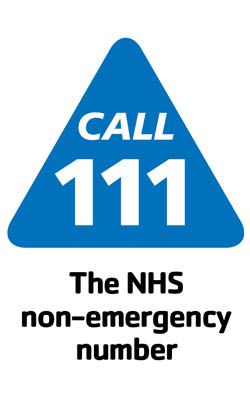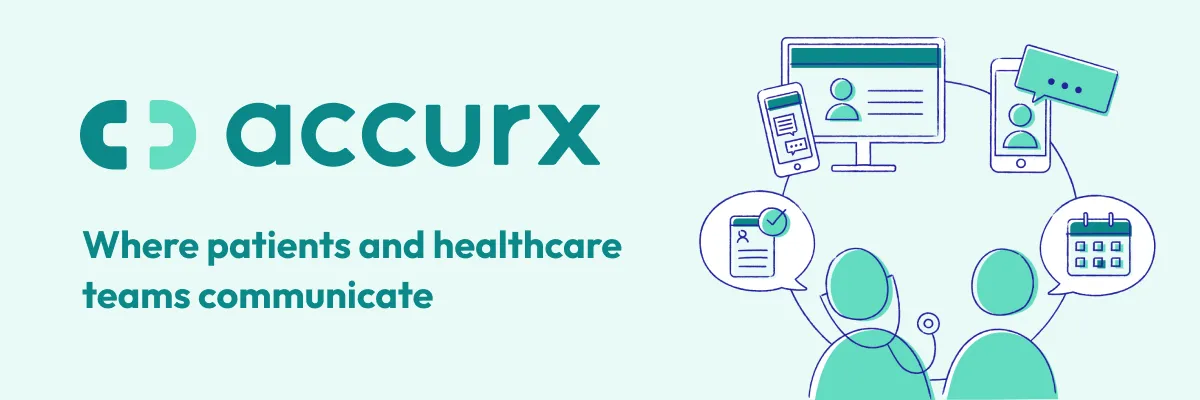Waddesdon Surgery
Goss Avenue, Waddesdon, Aylesbury, Bucks, HP18 0LY
Telephone: 01296 658 585
SORRY, THE PRACTICE IS CURRENTLY CLOSED. IF YOU NEED EMERGENCY MEDICAL ASSISTANCE PLEASE DIAL 999. IF YOU NEED URGENT MEDICAL ASSISTANCE PLEASE CALL NHS 111.

How to recycle inhalers Flu vaccine 2024/25 – Adults Children’s flu vaccine – 2024/25 Physiotherapy Self-referral Think Pharmacy First Issue that prevented documents from being visible to patients. GP Patient Survey Accurx Triage A Pledge to Our Patients about Antibiotics Late Appointment Arrivals
Carers Assessments
If you care for someone, you can have an assessment to see what might help make your life easier. This is called a carer’s assessment.
It might recommend things like:
- Someone to take over caring so you can take a break
- Gym membership and exercise classes to relieve stress
- Help with taxi fares if you don’t drive
- Help with gardening and housework
- Training how to lift safely
- Putting you in touch with local support groups so you have people to talk to
- Advice about benefits for carers
A carer’s assessment is free and anyone over18 can ask for one.
It’s separate from the needs assessment the person you care for might have, but you can ask to have them both done at the same time.
How to get a carer’s assessment
Contact adult social services at your local council and ask for a carer’s assessment.
If you’re a parent carer or a child, contact the children with disabilities department.
You can call or do it online.
Find your local social services team (England only)
How to tell if you’re a carer
You’re a carer if you’re looking after someone regularly because they’re ill, elderly or disabled – including family members.
Carers help with:
- Washing, dressing or taking medicines
- Getting out and about and travelling to doctors’ appointments
- Shopping, cleaning and laundry
- Paying bills and organising finances
They can also give emotional support by:
- Sitting with someone to keep them company
- Watching over someone if they can’t be left alone
All of these count as being a carer.
What happens in the carer’s assessment
Someone from the council, or an organisation the council works with, will ask how you’re coping with caring.
This includes how it affects your physical and mental health, work, free time and relationships.
The assessment is usually face to face. Some councils can do it over the phone or online.
Assessments usually last at least an hour.
How to prepare for your carer’s assessment
You’ll need:
- Your NHS number (if you have one)
- Your GP’s name, address and phone number
- Contact details of anyone who’s coming to the assessment with you
- The name, address, date of birth and NHS number of the person you care for (if you have it)
- Your email address
Give as much detail as you can about the impact caring for someone is having on your life. This will help make sure you get all the help and support you need.
Which? Later Life Care has a checklist of questions to help you prepare for a carer’s assessment, regardless of your age.
Have someone with you
It can help if you have someone with you during the assessment. This could be the person you care for, a friend or relative.
You could also use an advocate. Advocates are people who speak up on your behalf.
They can help you fill in forms and sit with you in meetings and assessments. They’re often free.
Telephone help
If you want to talk to someone about carer’s assessments, call:
- Your local council’s adult social services department
- Carers Direct’s free helpline on 0300 123 1053
- Age UK’s free helpline on 0800 055 6112
- Independent Age’s free helpline on 0800 319 6789
- Contact a Family’s free helpline on 0808 808 3555
Getting the results
You’ll usually get the results of the assessment within a week.
If you qualify for help from the council, they’ll write a care and support plan with you that sets out how they can help.
Help with costs
Your council might be able to help with the costs. You might need a financial assessment (means test) first. This will be arranged for you after the carer’s assessment.
You might also qualify for benefits for carers that can help with costs.
If you don’t qualify for help from your council
If you’re told you don’t qualify for help and support, your council should give you free advice about where you can get help in your community. Ask if this doesn’t happen.






